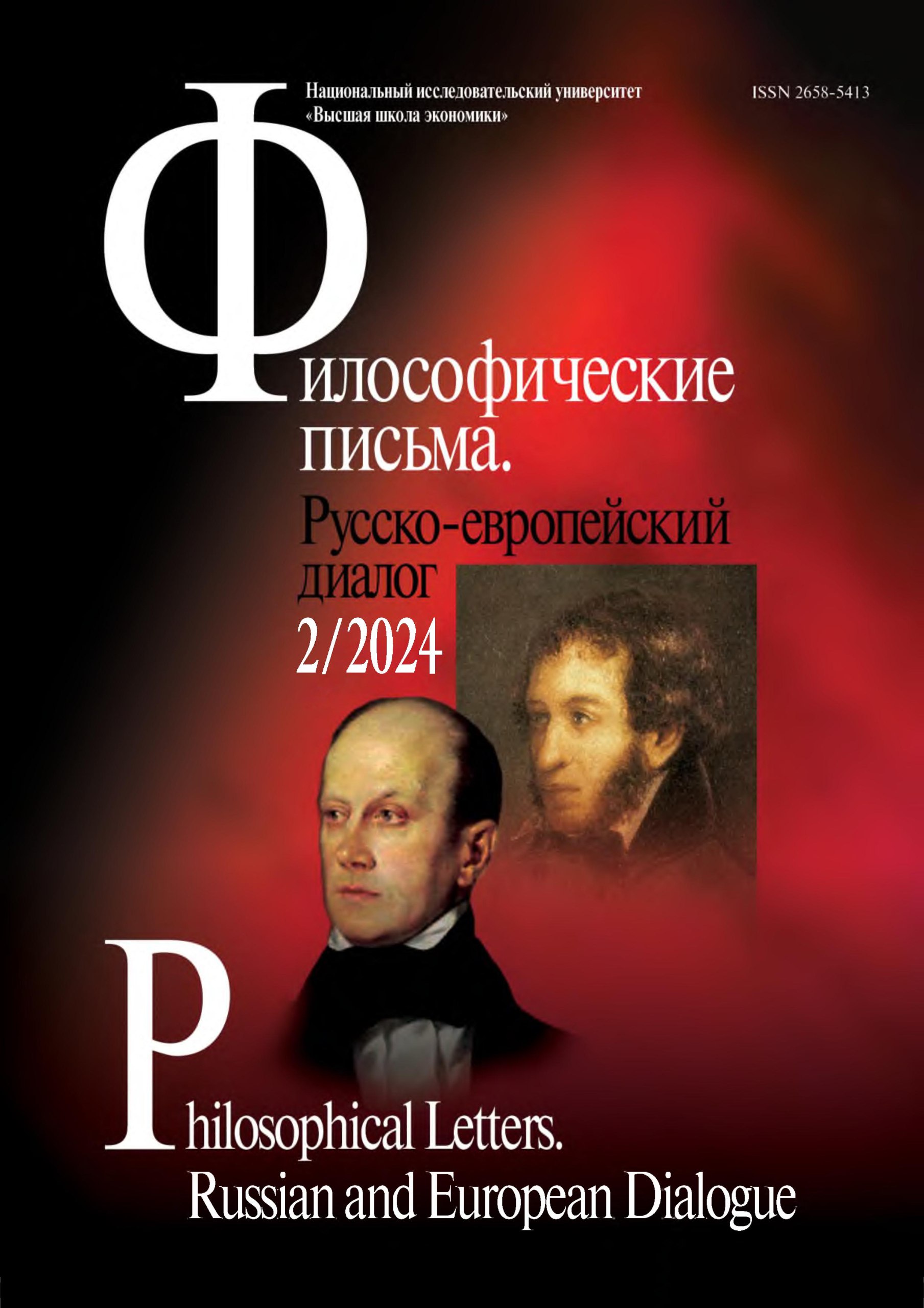О новом переводе трактата И. Канта «Религия в границах одного только разума»
Ключевые слова:
Кант, философия религии, теология, Лютер, пиетизм, Библия
Аннотация
Статья рассматривает особенности нового перевода кантовского трактата «Die Religion innerhalb der Grenzen der bloßen Vernunft» на русский язык, вышедшего в составе нового трехтомного собрания сочинений Канта, подготовленного к 300-летнему юбилею со дня его рождения. В новом варианте перевода сочинение носит название «Религия в границах одного только разума» (ранее — «Религия в пределах только разума»). В статье представлена история переводов данного сочинения на русский язык, охарактеризованы отличительные черты предшествующих переводов, их сильные и слабые стороны, дано краткое представление имеющихся на сегодняшний день изданий текста этого сочинения на немецком языке и их специфике. Основное внимание уделено некоторым текстологическим и содержательным особенностям нового перевода. Указано, наосновекакогоизданиякантовскогосочинения на немецком языке готовился данный перевод, даны пояснениякструктуре издания, раскрыта логика построения комментариев и разделов предисловия, сопровождающих сам перевод. В качестве конкретной иллюстрации сложностей, с которыми пришлось столкнуться переводчикам, подробно разбирается ряд понятий, которые было решено переводить иначе, чемвпредыдущих переводах, — das radikal(e) Böse (коренное зло), пара das Böse / das Übel (зло / злосчастие, злоключение), das Gute и ряд связанных с ним однокоренных понятий (в новом переводе последовательно переводится как «добро», в том числе и в сочетании das höchste Gut — «высшее добро»), die Frömmigkeit и die Gottseligkeit (благочестие / богочестие), Theolog (теолог, вместо богослова), а также понятие, за которым все же решено было оставить предыдущий, но унифицированный вариант перевода, — Gesinnung (умонастроение). Все эти единичные иллюстрации сложностей сопровождаются разъяснениями причин выбора именно такого варианта перевода. В статье рассматриваются также некоторые особенности философско-теологического контекста развития кантовской философии религии (влияние лютеровской теологии и пиетизма), а также даются краткие пояснения относительно используемых Кантом библейских цитат.Скачивания
Данные скачивания пока не доступны.
Опубликован
2024-06-17
Как цитировать
КругловА. Н., & КрыштопЛ. Э. (2024). О новом переводе трактата И. Канта «Религия в границах одного только разума». Философические письма. Русско-европейский диалог, 7(2), 38-70. извлечено от https://phillet.hse.ru/article/view/21798
Раздел
Европа и Россия: парадоксы родства

